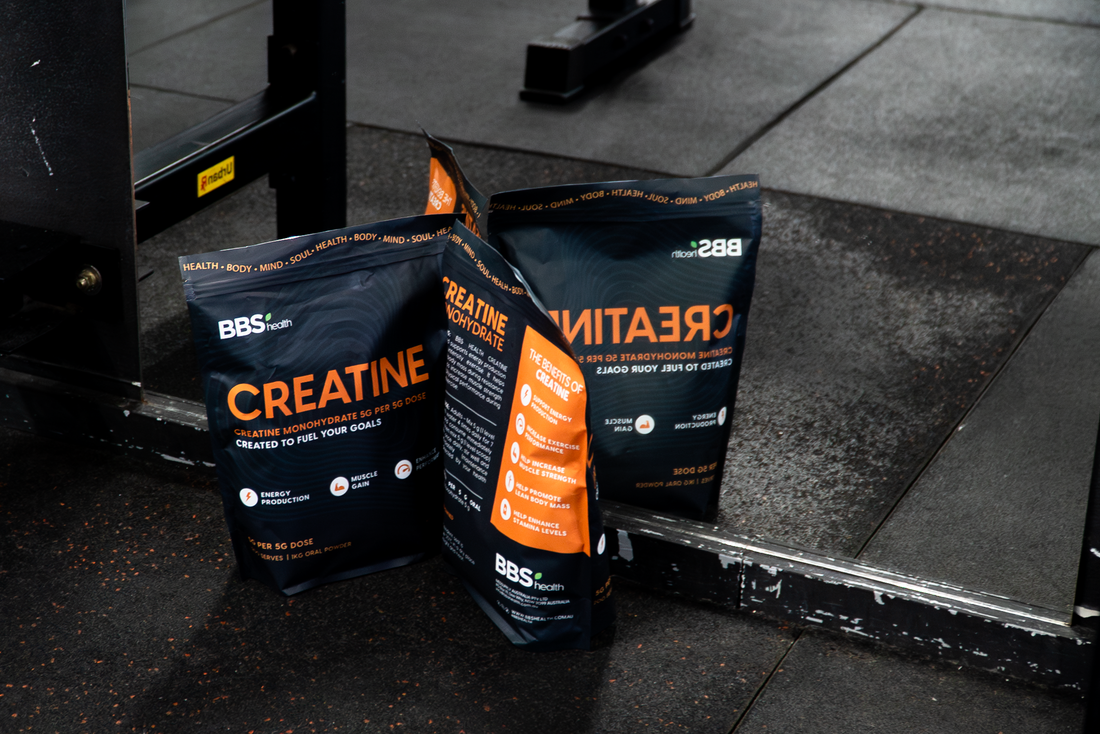Creatine, Simplified: Backed by Science

Understanding One of the Most Researched Supplements in the World
What Is Creatine?
Creatine is a naturally occurring compound found in small amounts in foods like red meat and fish, and also synthesized in the human body from the amino acids glycine, arginine, and methionine. Most of the creatine in the body is stored in skeletal muscles, where it plays a key role in the production of ATP (adenosine triphosphate), the primary energy currency of cells.
During high-intensity, short-duration activities, like sprinting, weightlifting, or intense interval training, your body uses ATP rapidly. Creatine helps replenish ATP levels, allowing you to sustain energy production during these bursts of effort.
How Creatine Works
The mechanism is simple yet powerful:
-
During exercise, ATP is broken down into ADP (adenosine diphosphate) to release energy.
-
Creatine donates a phosphate group to ADP, converting it back into ATP.
-
This allows your muscles to continue contracting efficiently, especially during short, explosive movements.
In this way, creatine acts like an energy reserve system, particularly useful when the body’s demands for ATP spike.
Evidence-Based Benefits of Creatine
Over decades of clinical research, creatine monohydrate has consistently demonstrated positive effects on both physical and physiological health. Here are some of the best-documented benefits:
Improved Muscle Strength & Power
Creatine has been shown to increase performance in high-intensity, explosive movements such as sprinting, weightlifting, and jumping. This is especially relevant for sports and training involving quick, repeated bouts of effort.
Faster Muscle Recovery
Creatine supplementation may reduce markers of muscle damage and inflammation after exercise, helping athletes and recreational lifters recover more quickly between sessions.
Increased Lean Muscle Mass
Through mechanisms like enhanced cell hydration and stimulation of protein synthesis, creatine can support muscle hypertrophy over time when combined with resistance training.
Emerging Cognitive & Aging Support
Early research suggests that creatine may also have neuroprotective effects. In some studies, it’s been associated with improved cognitive function under conditions of stress or fatigue, and with maintaining muscle mass in aging populations.






